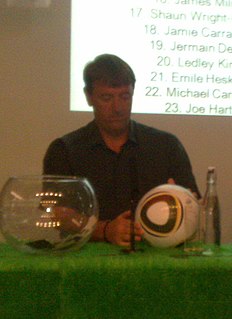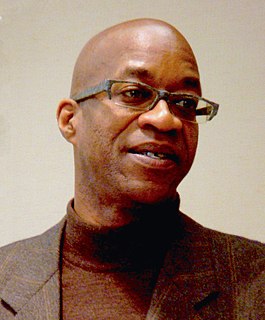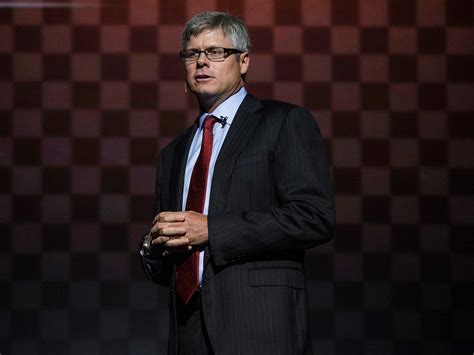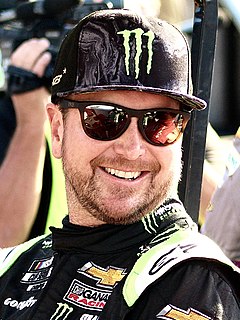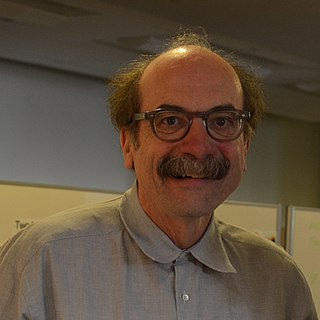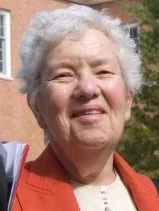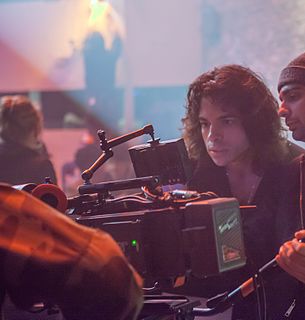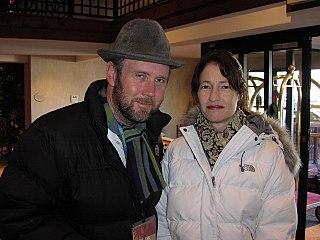A Quote by Keith Devlin
Indeed, nowadays no electrical engineer could get along without complex numbers, and neither could anyone working in aerodynamics or fluid dynamics.
Related Quotes
And so when I moved to IBM, I moved because I thought I could apply technology. I didn't actually have to do my engineer - I was an electrical engineer, but I could apply it. And that was when I changed. And when I got there, though, I have to say, at the time, I really never felt there was a constraint about being a woman. I really did not.




